Eddie Palmieri: The Madman of Salsa and the Soul of Latin Jazz
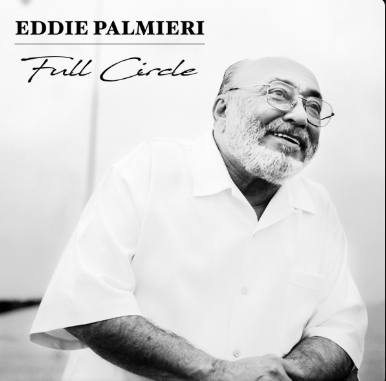
On August 6, 2025, we lost one of the fiercest, most inventive voices in Latin music. Eddie Palmieri – pianist, composer, bandleader, and true musical insurgent – passed away at the age of 88. His departure leaves a void in the world of jazz, salsa, and Afro-Caribbean rhythm, but his impact will be felt for generations to come.
I didn’t just listen to Eddie Palmieri – I felt him. Every tumbao, every hammering piano solo, every stretch of joyous defiance he poured into his music became part of my musical DNA. He wasn’t simply an artist I admired. He was an educator. A reckoning. A groove I never wanted to leave.
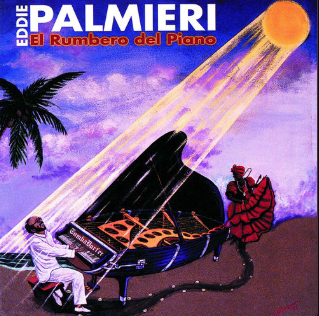
Born Eduardo Palmieri in Spanish Harlem in 1936 to Puerto Rican parents, his early exposure to the rhythms of Machito, Tito Puente, and Afro-Cuban tradition shaped his path. But Eddie never colored inside the lines. He took those rhythms and set fire to the rulebook. What he created was explosive, danceable, complex, political, and often spiritual. He was a man of the people, but never pandered. His music demanded you meet it on its terms.
When he formed La Perfecta in 1961, he upended expectations. Gone were the familiar trumpets of the mambo era; in came the bold, brassy growl of trombones, paired with flute, tight rhythm sections, and Eddie’s thunderous piano style. La Perfecta wasn’t just a band. It was a manifesto. A movement. A sonic uprising.
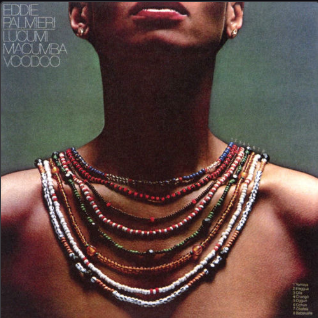
Tracks like "Azúcar Pa’ Ti" didn’t just get people dancing. They redefined what Latin music could sound like. They challenged radio formats. They inspired generations of musicians to think bigger, dig deeper, and play louder. That track, which could stretch over 20 minutes in concert, was an act of joyful rebellion. By the time it was inducted into the Library of Congress in 2009, its place in history was already cemented.
But Eddie wasn’t content with playing by the book, even his own. Albums like "Justicia," "Superimposition," and the genre-bending masterpiece "Harlem River Drive" fused jazz, funk, soul, and fiery political commentary. He spoke truth to power through clave and piano, building sonic bridges between the barrio and the broader world. He wasn’t afraid to speak out about racism, inequality, injustice – and he did it with the same power and precision as his music.
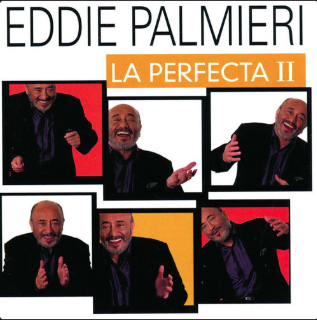
Palmieri’s music was as much protest as it was party. He was unapologetically Puerto Rican, defiantly New York, and unmistakably global. He didn’t like the term “salsa” – he preferred to call his music Afro-Caribbean, or later, Afro-World. He knew it came from somewhere deeper than marketing labels. His music was rooted in struggle and ceremony, sweat and science.
He studied harmony like a scientist, dissecting the Schillinger System of musical composition and layering jazz phrasings over ancient African rhythmic patterns. In interviews, he’d casually reference Monk, Tyner, Debussy, and even John Cage as inspirations. He was as rigorous as he was radical, a blend of intellectual fire and spiritual force.
Throughout his life, he was no stranger to conflict. He fought with record labels, clashed with music executives, and even resisted paying taxes – unapologetically stating in court that the money went to his children’s education. He battled the system so others wouldn’t have to. He stood up for Latin music at the Grammys, pushed back against marginalization, and helped establish the Best Latin Jazz Album category.
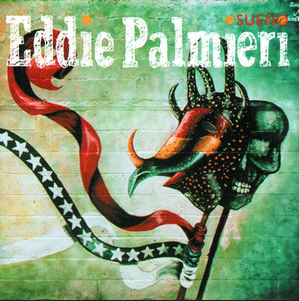
And still – even in his final decades – he kept pushing forward. Whether performing with La Perfecta II, recording Latin jazz masterpieces like "Palmas," or sharing the stage with Tito Puente on "Masterpiece," he never coasted on past glory. His collaborations with artists like Brian Lynch and Donald Harrison proved that Eddie Palmieri remained at the cutting edge of the music he helped invent.
In 2013, he was named an NEA Jazz Master. In 2025, just months before his passing, he contributed original music to Spike Lee’s forthcoming film, still giving, still creating.
Eddie Palmieri once said, “I don’t guess I’m going to excite you with my band. I know it.” And he did. Time and again.
He is survived by his children, grandchildren, and millions of us whose lives he touched through sound, rhythm, and resistance.
Rest in rhythm, Eddie. Your piano still echoes, and your revolution still grooves
Posted in tribute by Jazz Matters – August 2025